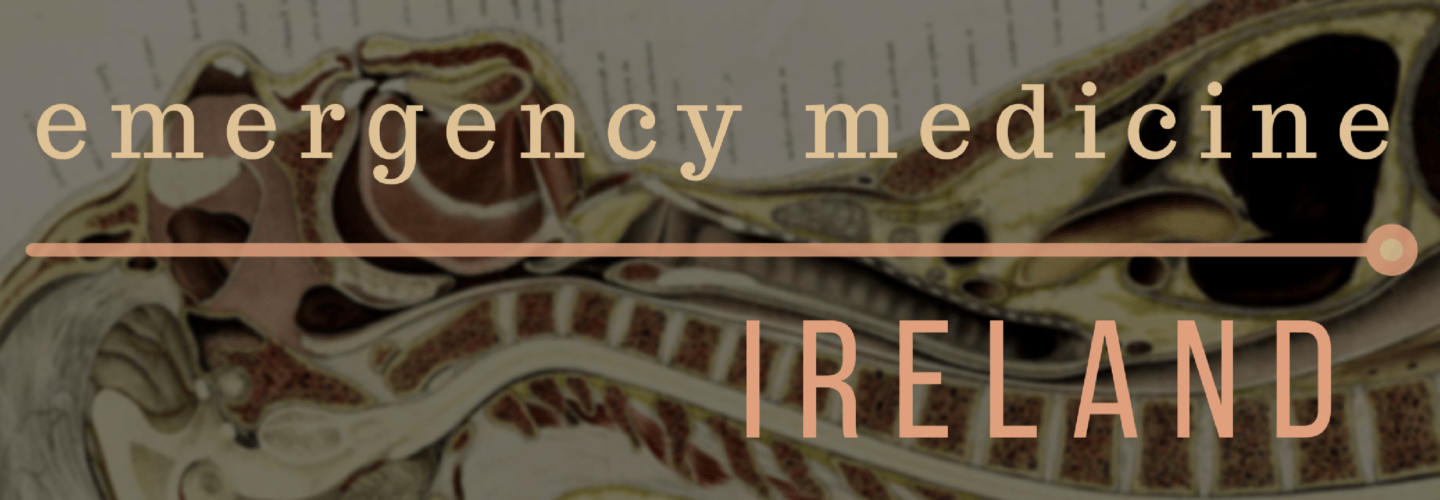Did you see this? Atul Gawande’s speech at commencement at Harvard Medical school a few weeks back.
If you want something to go well with it then read this by David Brooks in the NY Times.
If you want something heavier than that then read this or even this but then it starts getting really dense.
Let me give you a few starters from Gawande:
The doctors of former generations lament what medicine has become. If they could start over, the surveys tell us, they wouldn’t choose the profession today. They recall a simpler past without insurance-company hassles, government regulations, malpractice litigation, not to mention nurses and doctors bearing tattoos and talking of wanting “balance” in their lives. These are not the cause of their unease, however. They are symptoms of a deeper condition—which is the reality that medicine’s complexity has exceeded our individual capabilities as doctors
His advice:
- measure where you succeed and fail; become interested in data (see his book Better)
- develop abilities to provide solutions for systems problems that come from the data (he quotes the check list idea)
- be able to get colleagues to work like a “pit-crew” for patients; he mentions humility, team work and discipline
These values are the opposite of autonomy, independency, self-sufficiency.
If you sample some of the commencement addresses being broadcast on C-Span these days, you see that many graduates are told to: Follow your passion, chart your own course, march to the beat of your own drummer, follow your dreams and find yourself. This is the litany of expressive individualism, which is still the dominant note in American culture.
Most people don’t form a self and then lead a life. They are called by a problem, and the self is constructed gradually by their calling.

Pingback: The LITFL Review 023 - Life in the FastLane Medical Blog